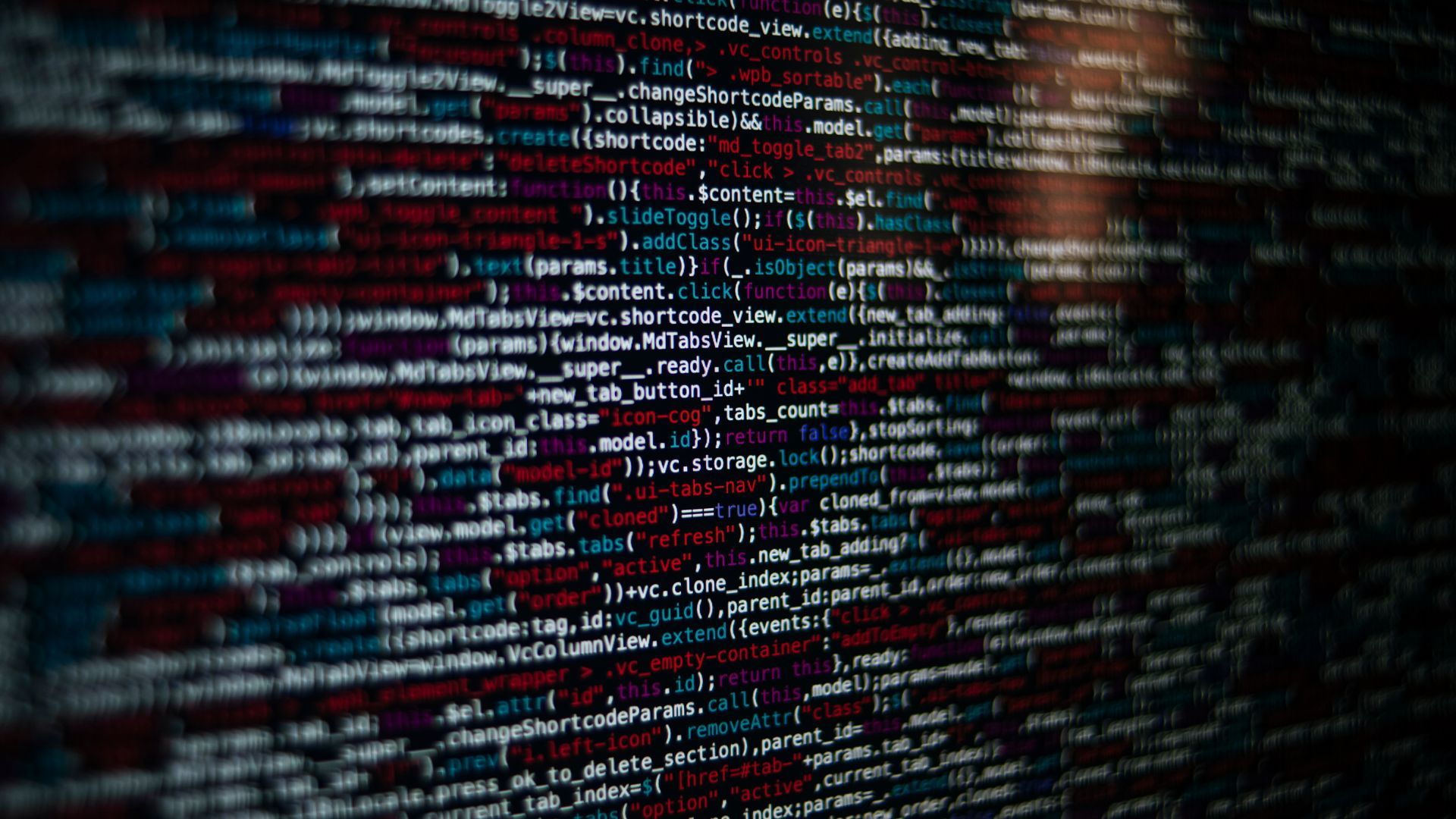Stifling Decentralization: The Paradox of Excessive DAO Oversight

On November 15, 2024, Atom Accelerator Decentralized Autonomous Organization (AADAO), a Cosmos Hub DAO, announced it was shuttering and would return the remaining funds to the Cosmos Hub Community Pool. Contributors to the DAO unanimously rejected performance bonuses for the year, amounting to the equivalent of $817,159 in ATOM tokens. AADAOs venture portfolio includes Sphinx, Plaza Finance, Elys Network, Drop Protocol, and Union Labs. It is valued at $1.1 million, with pending venture investments worth an additional $750,000.
Paradoxically, excessive oversight is not an uncommon challenge DAOs face, defeating their stated purposes of decentralization and autonomy. Upon shutting down its operations, AADAO commented that the Oversight Committees current approach obstructed its ability to operate effectively, adding that against this backdrop, no contributor wanted to lead the DAO moving forward or even continue working in it.
The decision to shut down reflects the assessment that the DAO faces significant limitations in delivering value to the Cosmos Hub under its current structure. Supporting testnet programs, securing critical infrastructure, and promoting ATOM utility across platforms are among the milestones the DAO achieved during its operation.
Decentralizing oversight mechanisms
Potential solutions to stifling oversight involve delegating committees and implementing multi-sig governance. Multi-signature wallets require a consensus among several parties instead of a single centralized authority to make a decision.
Token holders could assign oversight to smaller, specialized committees, potentially enabling streamlined and focused governance without micromanagement.
Smart contracts automate oversight functions, ensuring actions are verifiable and reducing the need for manual interventions.
Autonomous decision-making and governance frameworks
Oracles automate decision-making based on predefined metrics or external data, reducing the need for human oversight. In addition, smaller and topic-specific DAOs could handle specialized tasks autonomously within the larger ecosystem.
To establish clear boundaries, DAO stakeholders should define the scope and limits of oversight in governance frameworks in advance. Major decisions should require a high quorum, ensuring only significant issues require large-scale oversight.
Lack of legal clarity and limited adoption
There are currently more than 200 DAOs with millions of members and over $10 billion in AUM. Industry titans such as Mark Cuban, Peter Thiel, and Naval Ravikant have invested in these autonomous structures, recognizing their potential as a combination of progressivism and capitalism. The potential is undeniable, but investors would be wise to consider a few additional challenges before acting on their hunch.
DAOs serve purposes beyond managing digital asset protocols. These include facilitating social media platforms, overseeing venture capitalist funds, managing social clubs, and supporting philanthropic efforts. Decentralized governance heavily relies on DAO token ownership, which can lead to a group of people accumulating a large share of tokens and obtaining higher voting power based on those tokens. When voting power is accumulated in the hands of a few investors, concerns about supporting unreasonable proposals become inevitable.
DAOs frequently lack formal corporate structures with clear liability protection terms and distinctions between the different roles of participants. Governance token holders propose actions for the DAO to vote on and take. The lack of clarity in the legal form creates pronounced risks for members because of the uncertain nature of their legal liability.
DAOs issue tokens rather than traditional equity. Typically, holders and issuers expect economic returns or governance rights from tokens, but there is often no legal relationship between the DAO and its token holders. This creates a risk for the latter as they may not have any recourse or protection if legal issues or disputes arise.
Personal and tax liabilities
Misunderstandings surrounding the personal responsibilities of DAO members can arise, especially when they fail to follow through on approved proposals. This ambiguity blocks DAO expansion beyond blockchain environments and raises issues in terms of integrating off-chain assets. As DAO networks grow and develop, addressing these issues becomes critical, as the objective is not only to survive but to thrive.
Whats more, DAOs tax implications remain shrouded in mist. DAOs cant file taxes or benefit from tax refunds like conventional businesses in most countries. The lack of clarity on taxation could mean that membership in such organizations presents a direct tax liability for investors in some jurisdictions. As the regulatory framework for DAOs continues to develop, investors need to keep track of any tax obligations and consequential implications.
In light of all these potential issues, investors should carefully consider the possible challenges and risks of their initiatives and make informed decisions. Ultimately, a DAOs prospects depend on its members resolve to move forward or the conscientiousness of their behavior if moving forward becomes unfeasible.
Disclaimer: This article is provided for informational purposes only. It is not offered or intended to be used as legal, tax, investment, financial, or other advice.
Read more: https://cryptodaily.co.uk/2024/12/stifling-decentralization-the-paradox-of-excessive-dao-oversight
Text source: Crypto Daily™










